Though the U.S. government wouldn't need to approve a deal between Apple and Comcast for faster and more reliable streaming video, such an alignment would likely draw regulatory scrutiny, in particular with respect to its effects on net neutrality.
Analysts and experts who spoke with The Wall Street Journal feel confident that any such deal between Apple and Comcast would "draw close regulatory scrutiny." While the deal wouldn't require federal approval, it would raise questions about net neutrality, which is a belief that all content should be treated equally on the Internet, rather than preferential advantages given to those who are willing to pay.
But while experts believe the terms of a potential Apple-Comcast deal would draw eyes from federal investigators, they also believe that such an arrangement would likely be accepted. Guggenheim Securities telecom policy analyst Paul Gallant said he expects the U.S. Federal Communications Commission would be OK with the rumored deal as long as it were nonexclusive and didn't degrade traditional broadband service.
The FCC has a particular interest in preserving net neutrality, and is planning to issue new rules that would prevent service providers, such as Comcast, from charging content providers, like Apple, to reach consumers at faster Internet speeds. But the rumored negotiations between Apple and Comcast are unique, in that they do not actually involve the open Internet.
Instead, it was claimed this week that Apple is in talks with Comcast about a deal that would bypass congestion on the "last mile" of connectivity, which represents the connection between Comcast and the end user's home. During peak usage hours, those pipes can become heavily trafficked, which affects Internet connections, and Apple seeks to have its own dedicated connection to ensure quality streaming video transmission.
Market watchers believe any talks that may be taking place between Apple and Comcast do not likely go far beyond the alleged topics, and it's unlikely that Comcast would completely hand over its customers' user experience to Apple. Instead, it's believed that something like a dedicated Comcast application for a device like the Apple TV could provide live and on-demand content to Comcast subscribers.
Further complicating matters is the fact that Comcast is already expected to face significant scrutiny from the government as it attempts to buy rival company Time Warner Cable. In hopes of pushing that acquisition through, Comcast has pledged to expand its support for net neutrality.
 Neil Hughes
Neil Hughes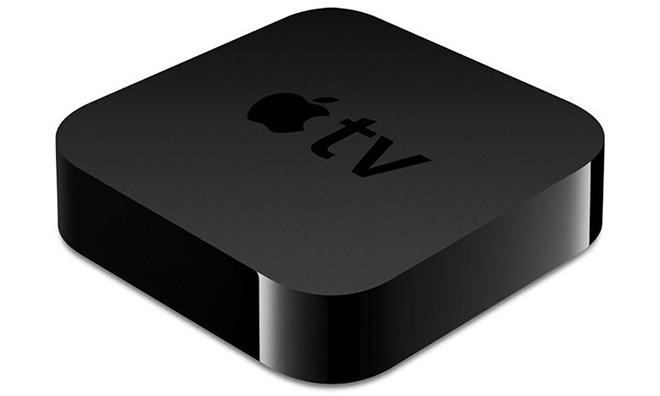


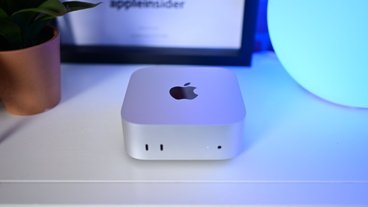
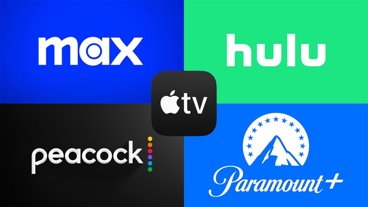


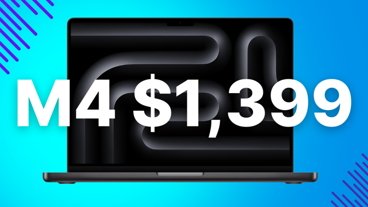







 AppleInsider Staff
AppleInsider Staff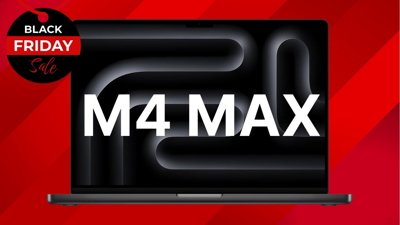
 Christine McKee
Christine McKee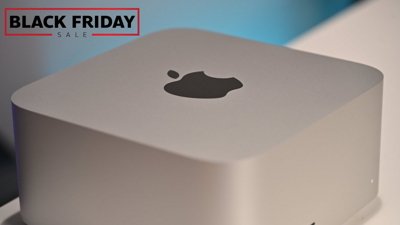



 Andrew O'Hara
Andrew O'Hara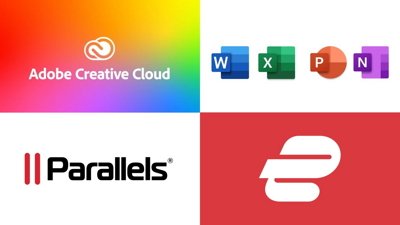











31 Comments
Why would it draw any scrutiny? The feds already shot down net neutrality. Seems like a non-issue. Unless, they're worried about customers actually receiving a quality experience, especially from a cable company.
There aren't much details, but I didn't see this as a bandwidth deal, more of a content deal. Comcast is providing content, and Apple is creating the set top box and user experience. So it's really Comcast continuing to provide content to its own customers, just in a different way.
Now if Apple is supplying the content over the internet and Comcast is providing a special high priority traffic deal to Apple that degrades data from other sources, I could see that as controversial.
Whatever Apple does in this area, if it's not controversial, they aren't trying hard enough. The original iTunes music store was controversial for quite a few years.
Good. The more attention is shone on the fact that the Feds are shamefully going along with the network providers in this charade that internet service is not a utility, the better. An aside: Fascinating how shameful and shameless can be used interchangeably without changing a sentence's meaning.
Now if Apple is supplying the content over the internet and Comcast is providing a special high priority traffic deal to Apple that degrades data from other sources, I could see that as controversial.
They aren't stupid enough to actually degrade other sources they will simply ensure Apple's content (or Netflix, or whatever company is paying them money) is operating at 100%. Of course by comparison, the competitor's content will not work as well.
Right now the government has no authority to regulate NN. And I guarantee you whatever new rules the FCC puts in place will be full of holes/exemptions. The "open" internet is dead.
The only thing that could be done to fix things is to define ISPs as common carriers and not allow ISPs to be part of any company that also supplies content. However, that will NEVER happen.
-kpluck